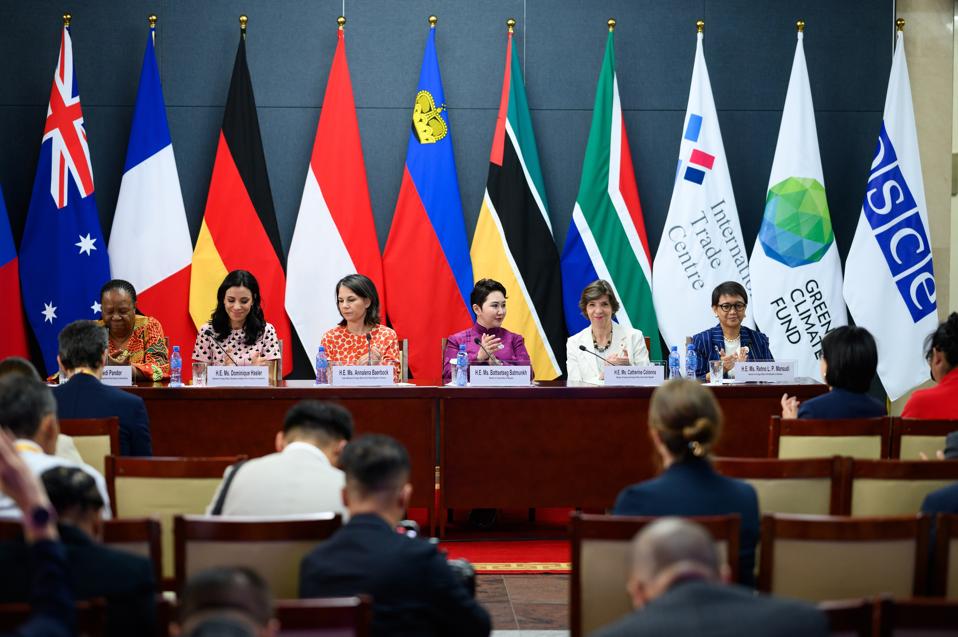In 2014, Sweden’s then minister of foreign affairs, Margot Wallstrom, announced a new Feminist Foreign Policy. This policy was, at the time, very much in alignment with Sweden’s national values of affording more rights, resources, and representation of women. Since then, more than twenty countries across the globe including Canada, France, Mexico, Luxembourg, Chile, and Spain, have adopted a Feminist Foreign Policy.
Most notably missing from the list of countries is the United States. President Obama appointed the first State Department ambassador for global women’s issues which was then adopted by dozens of countries around the world. Politics have perhaps blocked any formal use of a feminist label in policy. Yet, an outstanding question remains if there is potential for the adoption of a Feminist Foreign Policy in the United States with a woman in leadership.
Why is Feminist Foreign Policy important now?
There is an increased recognition that our current approach to global issues isn’t working, and that Feminist Foreign Policy offers the best path to dealing with these challenges and conflict, especially those that transcend traditional borders. It offers an alternative to an outdated way of thinking about foreign policy, which is the effort to establish either military or economic dominance that has made the world less safe and less prosperous.
Read the full article on Forbes.com.

Recent Comments